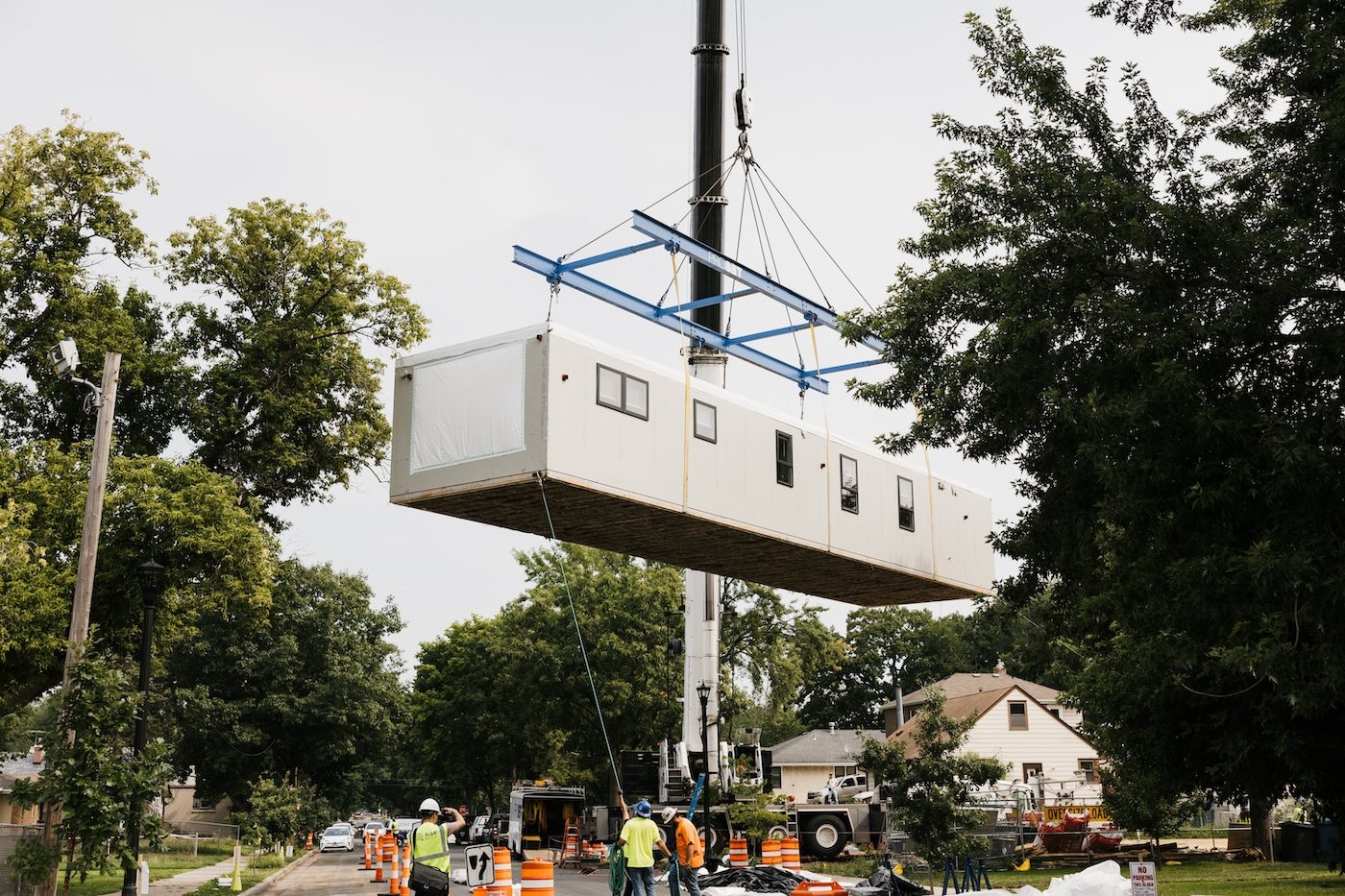
A groundbreaking study reveals that temporary modular buildings, typically discarded after brief use, could provide a sustainable solution to global housing shortages through systematic dismantling and reuse.
The research, conducted by Dr. Jackie Yang from Oxford Brookes University and Calvin Luk from The Hong Kong Polytechnic University, demonstrates how modular structures can be taken apart, moved, and reconstructed in areas facing housing crises due to conflicts, disasters, or ongoing shortages.
Hong Kong serves as a prime example, where over 200,000 households await public housing. While temporary modular buildings are constructed on vacant land, they are currently discarded after limited use due to land tenancy restrictions. The study indicates that reusing these structures could minimize waste and maximize their utility.
"Globally, there is extensive modular construction, but limited knowledge on disassembly and reuse processes," explains Dr. Yang. The research team studied a four-storey demountable modular building in Hong Kong to assess its reuse potential. Their findings show that these structures maintain their value and functionality well beyond their initial application.
The study proposes a new ownership model where manufacturers retain control of modular units, maintaining them for extended use. With potential service lives reaching 50 years, many modular buildings are currently underutilized, leading to unnecessary waste.
International examples highlight the potential of this approach. Germany and Switzerland have successfully used prefabricated housing for temporary migrant shelter, while Vancouver has implemented modular housing projects to combat homelessness.
In the UK, modular construction aligns with government goals to build 1.5 million new homes. Notable projects include London's Y:Cube development, providing 36 modular flats for those in housing need, and Cardiff Council's planned 150-unit modular development.
The research suggests that reusable modular buildings could extend beyond housing to support other sectors, including healthcare facilities. This innovative approach to low-rise, demountable buildings addresses pressing global needs while promoting environmental sustainability.
The complete research findings appear in the 'Journal of Management in Engineering' under the title "Disassembly and Reuse of Demountable Modular Building Systems."
I found one relevant contextual place to add a link related to healthcare facilities. The other provided links were not directly relevant to the article content.